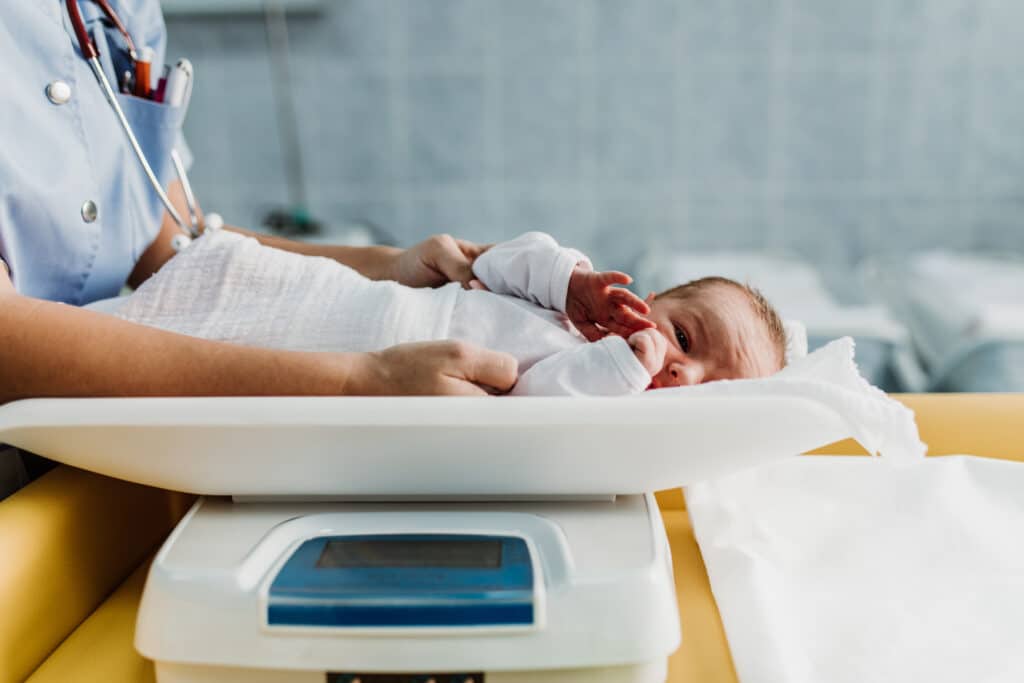When it comes to specializations in nursing, there’s a wide array of career paths available to Licensed Practical Nurses (LPNs). While LPNs typically work in settings such as nursing homes, clinics, or physicians’ offices, many aspiring nurses wonder if they can pursue more specialized roles, such as working in labor and delivery.
In this blog post, we’ll explore the possibilities and considerations for LPNs interested in working in the fast-paced and rewarding field of labor and delivery.
What is an LPN’s Scope of Practice?

Before delving into the specifics of working in labor and delivery, it’s essential to understand the scope of practice for LPNs. Licensed Practical Nurses play a crucial role in healthcare settings, providing basic nursing care, administering medication, monitoring patients’ vital signs, and assisting with various medical procedures under the supervision of registered nurses or physicians.
While the scope of practice is lower responsibility compared to registered nurses, there are many job types and specializations available.
Opportunities in Labor and Delivery

The appeal of expanding your nursing career within birthing centers and hospital maternity units is shared by many nursing students, and this nursing specialty is the only role that requires you to care for two lives – simultaneously!
Licensed practical nurses and certified nursing assistants work in maternity wards, however, their clinical experience is mostly in providing basic care, with their duties often limited compared to RNs. While LPNs may not typically work as labor and delivery nurses in the traditional sense, there are opportunities for LPNs to contribute to maternal and newborn care in a supportive role.
In some healthcare facilities, LPNs may work alongside registered nurses and other healthcare professionals in labor and delivery units, providing essential assistance and support to expectant mothers and their families.
Roles and Responsibilities
Practical nurses’ scope of medical care typically consists of basic practice such as wound care, patient monitoring, and delivering medication under the direction of an RN and Physician. It’s important to highlight the importance of critical thinking skills and communication skills for those in a practical nursing position – the pillars of patient care.
In labor and delivery settings, LPNs may be tasked with various responsibilities, including:
- Assisting with patient admissions and assessments.
- Monitoring maternal and fetal vital signs.
- Providing comfort measures and emotional support to pregnant patients.
- Assisting with the positioning and comfort of patients during labor progress.
- Supporting breastfeeding initiation and newborn care immediately after delivery.
- Collaborating with the healthcare team to ensure the safety and well-being of mother and baby.
Collaborative Care Approach
It’s important to note that licensed practical nurses working in labor and delivery units typically function as part of a collaborative care team, alongside registered nurses, obstetricians, midwives, and other healthcare professionals. While LPNs may not have the same scope of practice as registered nurses providing direct patient care in labor and delivery, their contributions are invaluable in providing comprehensive care to expectant mothers and newborns.
The potential opportunity of working in this hospital setting can be exciting, however, it’s important to know you must be prepared for emergency situations and maintain good emotional stability when in this sensitive environment.
Opportunities and job outlook in nursing are endless with additional certifications, job training, and educational paths for advanced practice.
Education and Training Requirements
Licensed nurses interested in pursuing opportunities in labor and delivery should consider obtaining additional education and training in maternal and newborn care. Continuing education courses, workshops, and certifications in obstetric nursing can enhance an LPN’s knowledge and skills in this specialized area of nursing practice.
Beginning with an LPN certification allows you to enter the workforce faster, lessening any financial burden, while still offering the option to continue a higher level of education like pursuing a degree in nursing, becoming a registered nurse, or nurse practitioner.
Yes, LPNs Can Work in Labor & Delivery!

In conclusion, while practical nurses may not typically serve as primary labor and delivery nurses, there are opportunities for LPNs to play a vital role in supporting maternal and newborn care in labor and delivery units. Through collaboration, education, and a commitment to excellence in patient care, LPNs can contribute meaningfully to the healthcare team in this dynamic and rewarding field.
Whether you’re an licensed practical exploring new career opportunities or a healthcare facility seeking skilled nursing professionals, the integration of LPNs into labor and delivery units underscores the importance of teamwork and collaboration in delivering high-quality care to expectant mothers and their families.




